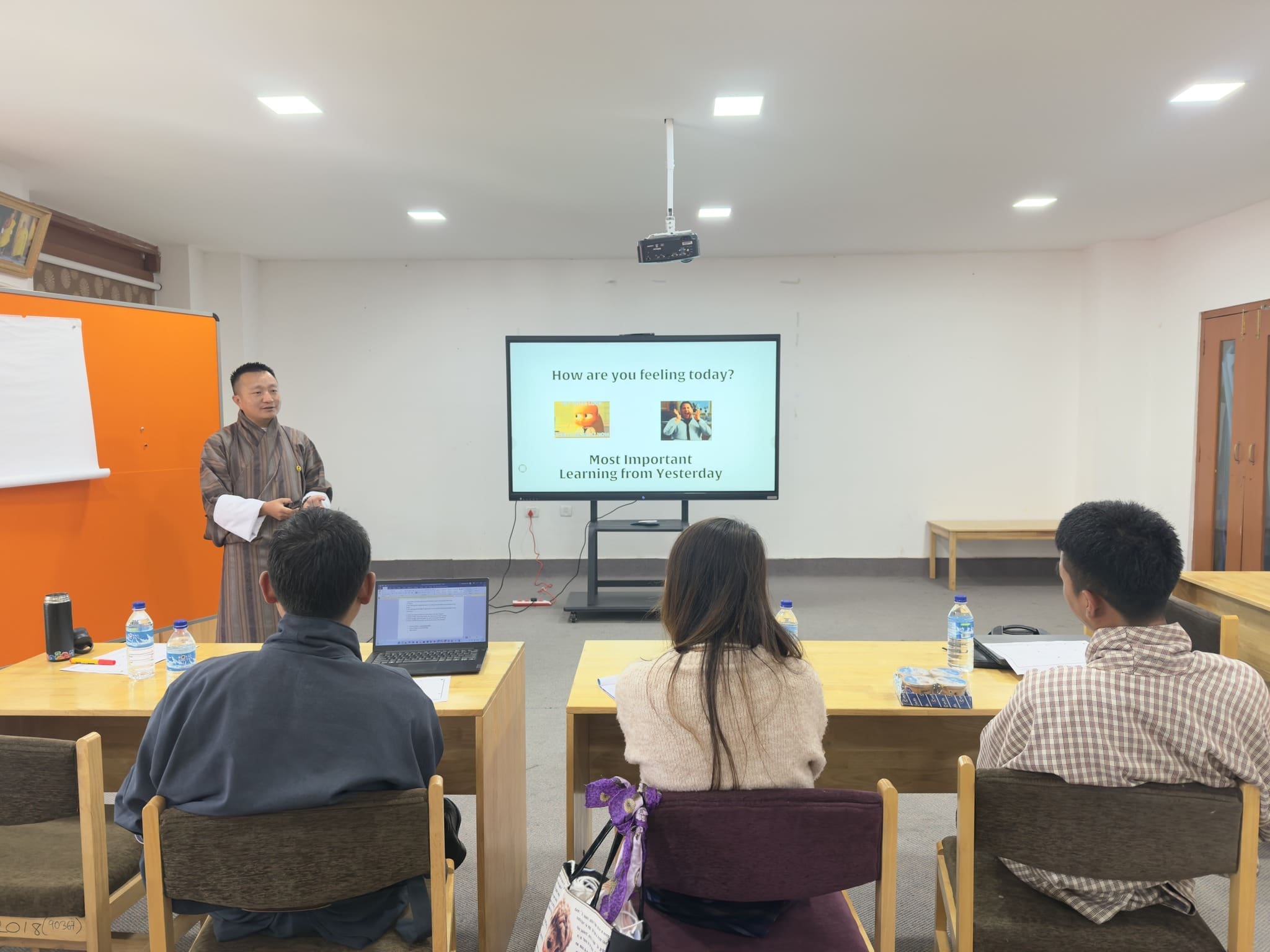

The journey of Bhutan’s Sustainable Agriculture Pioneer.
It was whilst working at one of the automobile workshops in Thimphu, earning just about enough to make ends meet, that I thought of an idea to start something on my own. I am not highly educated nor did I have at the point of time any knowledge about the latest agricultural techniques, let alone about Hydroponics until I ran across a video on youtube of Zennor Hydroponics (water-based farming) based in the Philippines. I wasn’t only intrigued but was instantly convinced of the idea; I could see hydroponic farming not only remunerating but also remedying concerns the unsustainable agricultural practices have exacerbated.
I endeavored into an extensive research through which I learnt that some of the serious problems — climate uncertainty, water scarcity, land degradation, increased costs and shortages of laborers caused farmlands to turn derelict, which was why only about 63 thousand acres ( 23%) of total arable land were used for cultivation although Bhutan claimed to have some 277 thousand acres arable land. These figures are not conclusive evidence, however, the alarming yearly statistics of vegetables imported from India makes it certain. The best way these concerns could be remedied was by farming differently. The future agricultural production, unlike the conventional approach, needed to be more productive and more sustainable if we were to meet sustainable development and climate goals. Investing in hydroponics through the SDG lens meant more than just food security. This further fueled my interest in hydroponics; I believed it would one day dominate the future of farming because it had the potential to achieve more than half of the 17 SDGs.

I also read and watched Elon Musk and Jack Ma’s undertakings studiously; they helped me remain motivated and continue my quest on hydroponics farming.
The first year, 2021 for Bhutan Hydroponics was characterized by inadequate knowledge on the subject with limited or zero access to technical and financial support, people had little or no faith in water based farming, and those that did remained averse to the idea until the business took off in May, 2021 after registering for the required licenses and permits with Department of Cottage & Small Industry, MoEA and Ministry of Agriculture and Forest, which took about a year and a half.
It would take me years to become a pioneer in hydroponic farming but I am constantly learning– developing customized hydroponic systems/facilities as per the climate suitability, changing weather patterns, and the needs of our customers. My prior experience with plumbing and measurement at the construction sites has made learning swift and enthralling at the same time for me.
All that knowledge that I have acquired over time is not only rewarding but the fact that I could inspire and motivate others like myself to get involved in hydroponic farming gives me a great sense of achievement. People have now come to accept and support the idea of farming sans soil more than ever before.
I believe that it requires patience, perseverance, passion, self-belief and a never-give-up attitude to push through the challenges and failures and stay in the game for the long run. Possibly the most essential characteristic of an entrepreneur is to not falter from the target.
Currently, I cultivate only green leafy vegetables on a 5.8-decimal leased land. I have been eyeing to farm fruiting vegetables and expand the space to 60 decimals land. To start an agro tourism operation is on the plan as well.
Compiled by: Kyel_c
Sign up for our free global membership perks, incredible opportunities and monthly inspiring updates!
Bring Ideas and make it happen